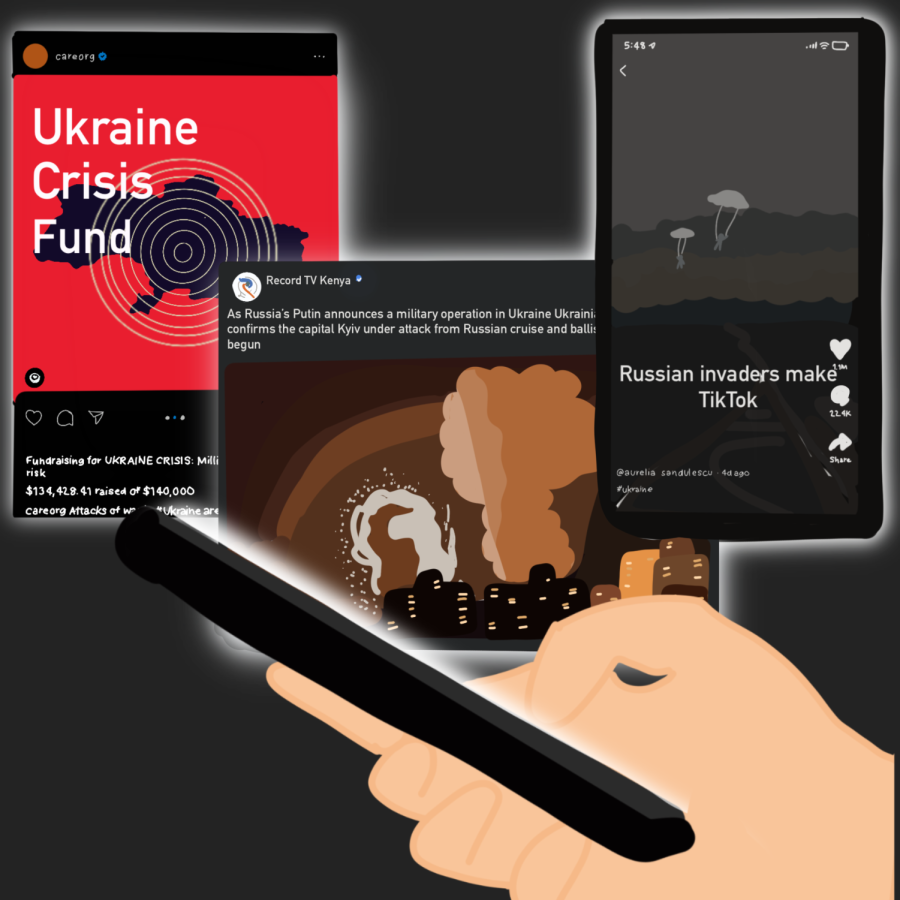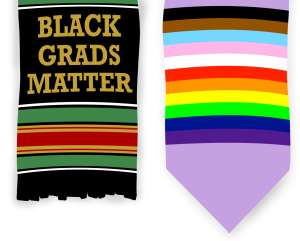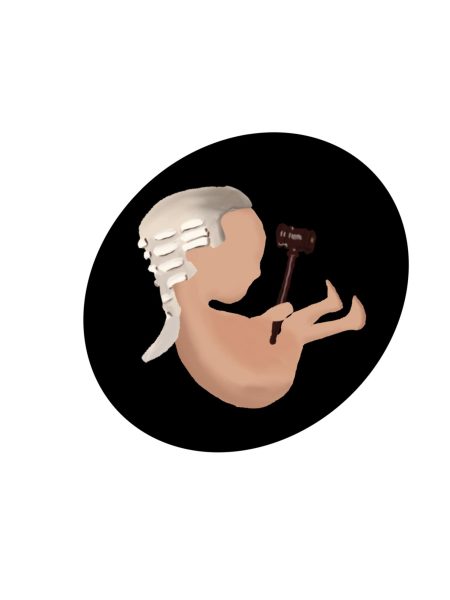Russia’s attack on truth
February 28, 2022
We have watched Vladimir Putin’s unprovoked and merciless attack on Ukraine persist for five days Millions of Americans are seeing live broadcasts of the war from major social media platforms like Facebook, Instagram and TikTok; it is not uncommon to worry about whether we are being fed misinformation from sources who wish to rewrite the narrative, especially when we are watching a vicious war take place through our smartphones. With thousands of social media influencers — American, Ukrainian and Russian — taking a stand against the wrath of Putin, one can only hope that we are being led away from the haunting misinformation that divides morality.
Misinformation has been a cause of concern for years, but how can regular citizens, like you and me, prevent the spread of misinformation and unify to support the people of Ukraine? The easiest way is to consider the source. It is important to read information from authors with specific expertise and relevance to the topic. Not only that, it is necessary for all readers to be aware of misinformation and manipulative tactics like hyper-emotionally charged rhetoric, conspiracy theories, etc. It is also important to realize that memes are not a source of credible news.
Several platforms have not taken the necessary steps to combat the recent surge of Kremlin-backed falsehoods. Media reports that falsely claimed the Ukrainan government was committing genocide of civilians remained unchecked on Twitter and Facebook; speeches from Vladimir Putin and videos of the Russian government also went up on YouTube; and TikTok videos of “real-time battle” were instead historical footage. Media falsehoods continue to permeate across various social channels mudding the waters between fact and fiction.
The impacts of authoritarian misinformation do not just stop at words on a screen; all the false narratives about Russia’s invasion hurt the people of Ukraine the most. How can it be that, in their most vulnerable time, the people of Ukraine are not being advocated for, but are instead being fed false re-tellings about their experiences? It is demoralizing and delegitimizes one of the most significant historical events to happen in decades.
Living through the digital age allows us to bear witness to what happens all over the world with ease. Watching the war unfold are children, teenagers and adults alike, all people who can serve as beacons of unity. It is possible to use social media to our advantage during tumultuous times by giving a platform to people with integrity and credibility; people who are living through the monstrosity first-hand are providing raw, unadulterated content for the rest of the world to see. Banding together with the innocent civilians who need the undying support could help save millions. “ … we must be strong — strong economically, strong militarily and strong through togetherness,” former prime minister of Ukraine, Volodymyr Groysman, said. “This togetherness is not just about Ukraine. It is about the world, for the Bible tells us that a house divided will fall, and history is filled with examples of that truth.”
As Putin continues to unleash this volatile situation, we must realize that truth is our biggest line of defense, and we can contribute to the perpetuation of this “togetherness” by following the most credible sources and pushing for change — both minuscule and major.













